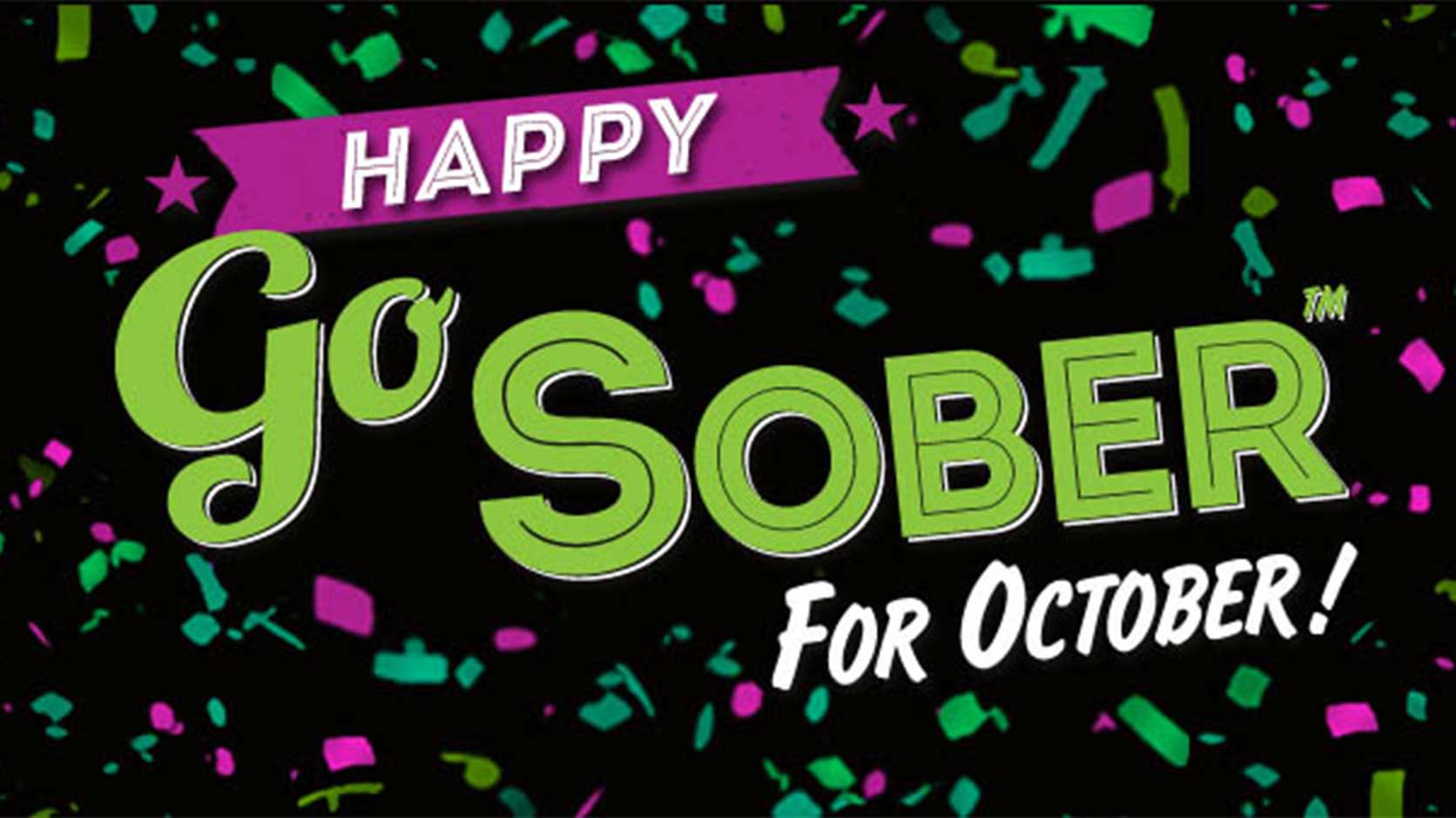Go Sober for October is the annual campaign that encourages people in Britian to go alcohol-free for the month of October, to raise money for people with cancer.
By going sober, you're not just helping others, you're helping yourself too. Giving up the booze for a month comes with loads of feel-good benefits, but the feeling of raising vital funds for the millions of people with cancer in the UK is the best feeling of all.
Every penny raised will play a vital role in helping Macmillan Cancer Support fund critical services, so we hope to see you take part in Sober October this year, raising a glass (of something non-alcoholic) to help Macmillan continue supporting people living with cancer.
To mark the initiative, Club Doctor Chris Mogekwu explains the benefits of going alcohol-free, and how to access the tools to help you do so...
What are the harmful aspects of drinking too much alcohol?
Excessive alcohol consumption can have a range of harmful effects on physical and mental health. Addiction becomes more likely the more you drink, ultimately affecting your personal life, relationships, and sleep cycle. Health-wise, consuming alcohol is directly linked to poor weight control, organ failure, and cancer.
What are the best aids to manage your alcohol intake?
There are many ways to limit or reduce how much you drink. Here are some tips to consider if you feel your alcohol intake is too high. Try setting a limit on how much alcohol you will drink in one sitting when out with friends. Commit to alcohol-free days, and if you struggle with this, consider drinking alcohol-free or low-alcohol beverages, which are now widely available. I sometimes set a ‘booze budget’ for the week and encourage people to stick to it. Lastly, when going out with friends, avoid participating in drinking rounds, as it’s easier to say ‘yes’ when someone else is buying you a drink!
Are there any downsides to drinking non-alcoholic alternatives to beer, wines, and spirits?
The downsides to alcoholic replacement beverages are primarily related to their nutritional content. Since these alternatives aim to taste like alcohol, some brands can be high in calories, potentially leading to weight gain if consumed in large amounts. Furthermore, taste expectations may not be met, leading to disappointment among consumers. Additives in these drinks may also be off-putting to some people. Regardless of these drawbacks, these replacement drinks can play a significant role in reducing alcohol intake in both the short and long term.
What routines can you follow to help you reduce your alcohol intake?
Similarly to smoking, going ‘cold turkey’ can lead to psychological stress, especially if no tools have been developed to manage your addiction. Additionally, stopping alcohol abruptly can lead to severe withdrawal symptoms that may require hospitalization. Simple routines to help reduce alcohol consumption gradually include identifying potential triggers that cause you to drink excessively, such as work stress, relationship issues, or certain social settings. Addressing these triggers may help in the long term. You might also change your environment by removing alcohol from the places you spend the most time. Staying busy by taking up exercise or a new hobby can also lead to lower alcohol intake and positively impact your mental health in the process.
Who should you speak to for support and advice to reduce your alcohol intake?
Speaking to someone about reducing your alcohol intake is a great way to motivate yourself to stick to your goals. This could be a friend, family member, or a partner. More professional help can be sought through groups such as Alcoholics Anonymous, SMART Recovery, and CGL. They can assist you not only during the initial cutting-down period but also provide lifelong tools to help you stay on track, whether that means quitting alcohol altogether or enjoying it in a healthier manner.





